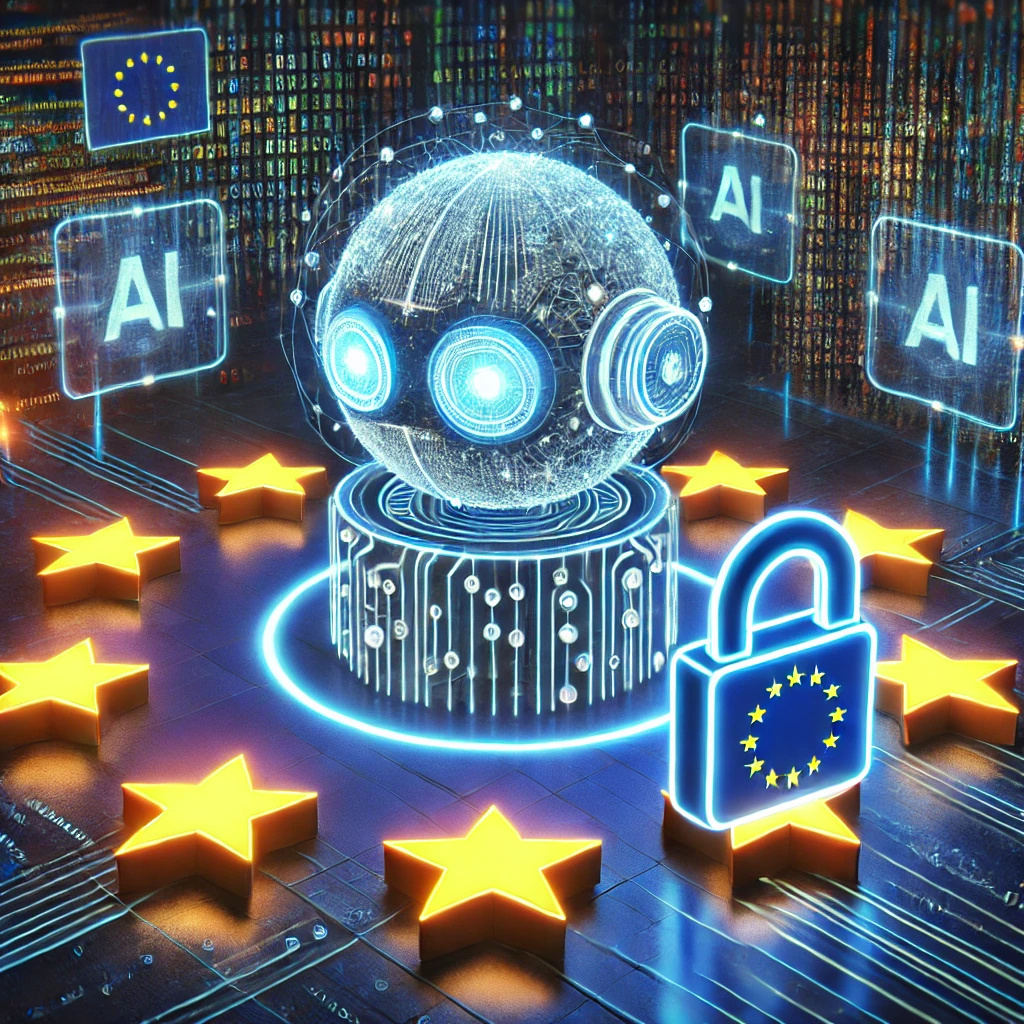Cyber Law at Malta
Malta has developed a comprehensive legal framework to address cybercrime, data protection, and cybersecurity, aligning with European Union directives and international standards. Here's an overview of Malta's cyber law landscape:
⚖️ Cybercrime Legislation
Malta's Criminal Code (Book First - Part II, Title IX, Subtitle V) outlines various offenses related to computer misuse:
Article 337C: Addresses unauthorized access to computer systems, data, and software, including acts like hacking, data theft, and unauthorized modifications.
Article 337D: Focuses on the misuse of computer hardware, such as unauthorized modifications or damage to computer equipment.
Article 337F: Imposes penalties for offenses under these provisions, including fines up to €10,000 and imprisonment for up to four years.
Malta ratified the Budapest Convention on Cybercrime in 2012, aligning its laws with international standards.
🛡️ Data Protection and Privacy
Malta enforces the General Data Protection Regulation (GDPR), applicable across the EU, alongside national laws
Data Protection Act:Implements GDPR provisions, establishing the Information and Data Protection Commissioner as the supervisory authority
Penalties for Non-Compliance:Fines range from €120 to €23,300, with potential imprisonment for serious breaches
Compensation:Individuals can seek damages through the courts for data protection violations-
🔐 Cybersecurity Framework
Malta's cybersecurity strategy include:
National Cybersecurity Strategy A comprehensive plan to enhance national cybersecurity.
EU Directives Compliance Adherence to the Network and Information Systems (NIS) Directive, which mandates cybersecurity measures for essential service.
Sector-Specific Regulations Industry-specific rules, such as those from the Malta Gaming Authority (MGA) and the Malta Financial Services Authority (MFSA), ensure compliance with cybersecurity standard.
🧑💻 Notable Case: 2022 FreeHour Ethical Hacking Incident
In 2022, three University of Malta students and their lecturer identified security vulnerabilities in the FreeHour app and reported them responsil.However, they faced charges under the Computer Misuse Act for unauthorized access, sparking debates about the legal recognition of ethical hacking in Mata.
🏛️ Enforcement Authorities
Malta Police Force – Cyber Crime Uni: Investigates cybercrime incidents and assists in digital forenics.
Information and Data Protection Commissione: Oversees data protection compliance and handles related complants.
Sector Regulator: Entities like the MGA and MFSA enforce cybersecurity standards within their respective industies.
📌 Summary
Malta's cyber law framework is robust, aligning with EU regulations and international convenins. While the legal infrastructure is comprehensive, ongoing discussions about ethical hacking practices highlight areas for potential refinment.












comments